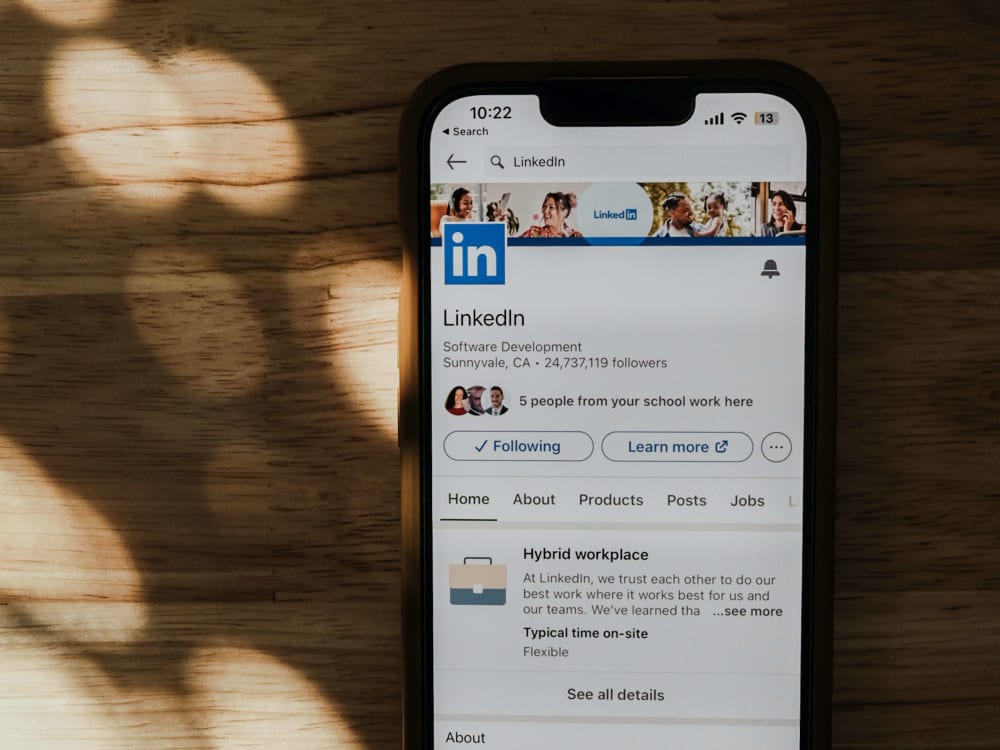Crafting a resume is vital for job hunting, yet it’s a nerve-wracking task for many, especially when faced with employment gaps. While these gaps are explainable in interviews, failing to captivate employers through your application may hinder the chance of even securing an interview.
With that in mind, let’s look at some strategies for addressing gaps in your employment history.
Use a cover letter
Not all positions you apply for request a cover letter, but it can be an extremely helpful tool when given the opportunity to include it. Essentially, it’s an opportunity to sell yourself in your own words and also explain anomalies on your resume. For example, you might have taken 6 months away from employment to pursue a business opportunity. Even in cases where your aspirations didn’t unfold as intended, your cover letter serves as a platform to explain these situations. It shows you’re ambitious and not afraid to try new things. Similarly, breaks taken to prevent burnout are a normal part of professional life.
The main message is to use your cover letter to explain your resume. Even if the resume doesn’t immediately impress, the cover letter remains a powerful tool to showcase your strengths and provide context.
Focus on skills and other achievements
While the employment history is usually considered a major part of your resume, there is no harm in focusing on other aspects. Rather than making your employment history the focal point of your resume, why not highlight some specific skills you’ve gained? Perhaps focus on achievements, too. Achievements don’t need to be backed up with a trophy or certificate; rather, they can relate to previous jobs. If you outperformed your colleagues for a period, put it on your resume. If you increased your sales by 200% during your last job, make it front and centre of your resume.
The balance between honesty and tact
Lying to employers doesn’t get you too far in the long run. It’s far better to be honest on your resume and cover letter and during interviews. However, that doesn’t mean you have to completely throw yourself under the bus just because you’ve had periods of unemployment.
Let’s say you lost a job, lived with your parents, and didn’t bother working for a year. It’s not ideal to tell an employer this. But you could explain this employment gap by saying you were studying, re-skilling, or just trying to find what you wanted to do. At the end of the day, employers understand that everybody’s employment journey is different, so make sure you discuss employment gaps in a positive way.
Avoid employment gaps altogether
While we’re mainly talking about putting together your resume here, there are things you can do throughout your career to ensure you don’t have employment gaps. People lose jobs, and that’s totally normal. Employers don’t expect you to be constantly employed – but they’d like to see that you’re not lazy.
If you find yourself out of work, don’t despair. Consider using your skills to do some freelance work. Perhaps you want to study. You could even volunteer in a field that you’re passionate about. If you have chronological gaps in your employment history, you can fill them in with volunteer or freelance work.
Think outside the box
While most recruiters will tell you that resumes should follow certain formats, that’s not always the case. As we mentioned, employment history is usually a chronological list, while other things like skills and achievements are less structured. So, if you have employment gaps, but you’ve always had good reasons, simply structure your website so there aren’t gaps.
We don’t mean using false information, but rather, use a chronological timeline of your working life, not just the jobs you’ve held. For example, if you had children and took time off, include it. List this as ‘Parental Duties’ for the period you stayed home with the kids. If you took a study break for a course, slot that in there, too.
This might not work for everybody, and you need to be careful about your resume looking too messy. But it’s a good way to show that you’ve constantly been busy – just not always with employment.
Need help with your resume?
Salexo is your one-stop shop for jobs in the sales industry. Sales can be an extremely rewarding career, but you’ll need your resume in good shape to score your dream job. If you need help finding the right position for you or you’d like some support along the way, Salexo is here to help. We’ve got plenty of resources to help you apply, interview, and eventually score a job you love. Contact us today to find out how we can help.






